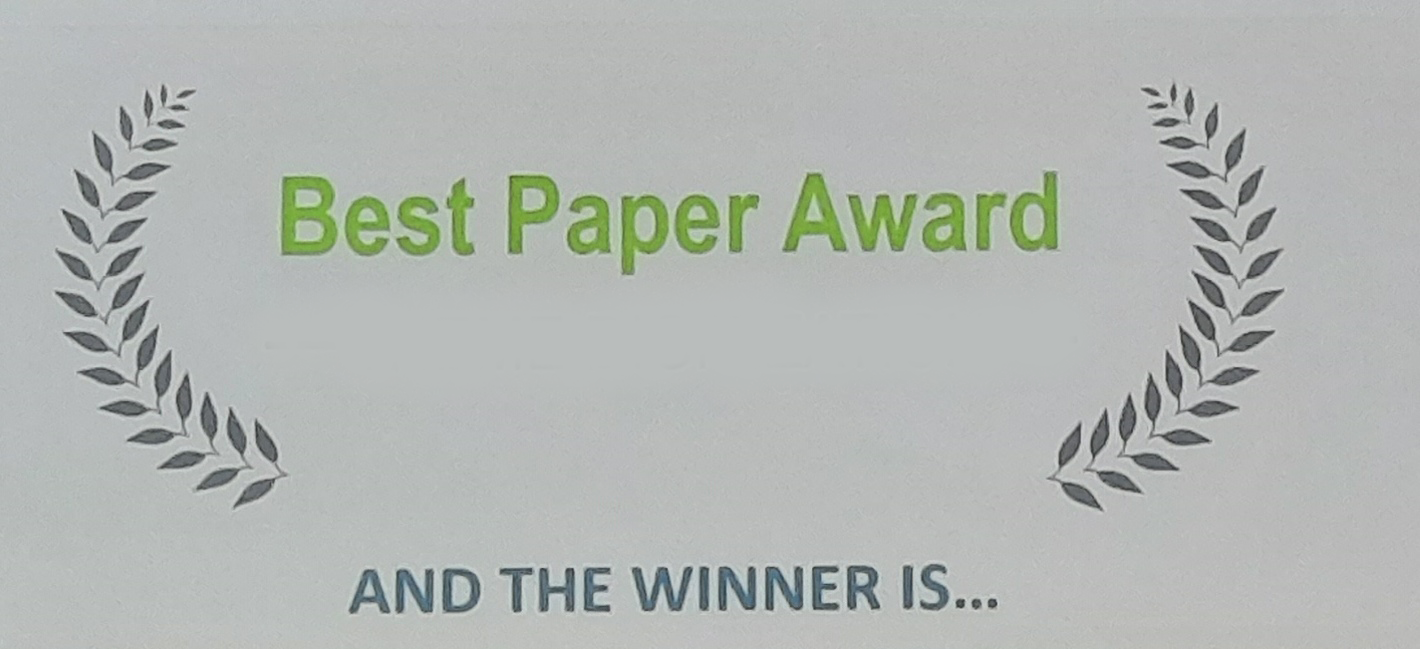Resilient Cooling in Buildings – A Review of definitions and evaluation methodologies
DOI:
https://doi.org/10.34641/clima.2022.195Keywords:
robustness, resistance, discomfort, thermal comfort, ventilation, conceptsAbstract
The concept 'Resilience' has gained wide international attention by experts and is now seen as the future target for the design of buildings. However, before using the word 'resilience’, we must understand the semantics of the word. Resilience is not 'resistance' and is not 'robustness and is not 'sustainability', it is a more complex definition. As part of the International Energy Agency Annex 80 on resilient cooling in buildings, this paper focuses on formulating a definition for resilient cooling. Resilient cooling is used to denoting low energy and low carbon cooling solutions that strengthen the ability of individuals, and our community as a whole to withstand, and also prevent, the thermal and other impacts of changes in global and local climates; particularly concerning increasing ambient temperatures and the increasing frequency and severity of heatwaves. This paper focuses on the review of most of the existing resilient cooling definitions and the various approaches towards possible resiliency evaluation methodologies. It presents and discusses possible answers to the abovementioned issues to facilitate the development of a consistent resilient cooling definition and a robust evaluation methodology. The paper seeks to impact national building codes and international standards, through a clear and consistent definition and a commonly agreed evaluation methodology.
Downloads
Published
How to Cite
Conference Proceedings Volume
Section
License
Copyright (c) 2022 Shady Attia, Peter Holzer, Shabnam Homaei , Ongun Berk Kazanci, Chen Zhang, Per Heiselberg

This work is licensed under a Creative Commons Attribution 4.0 International License.



